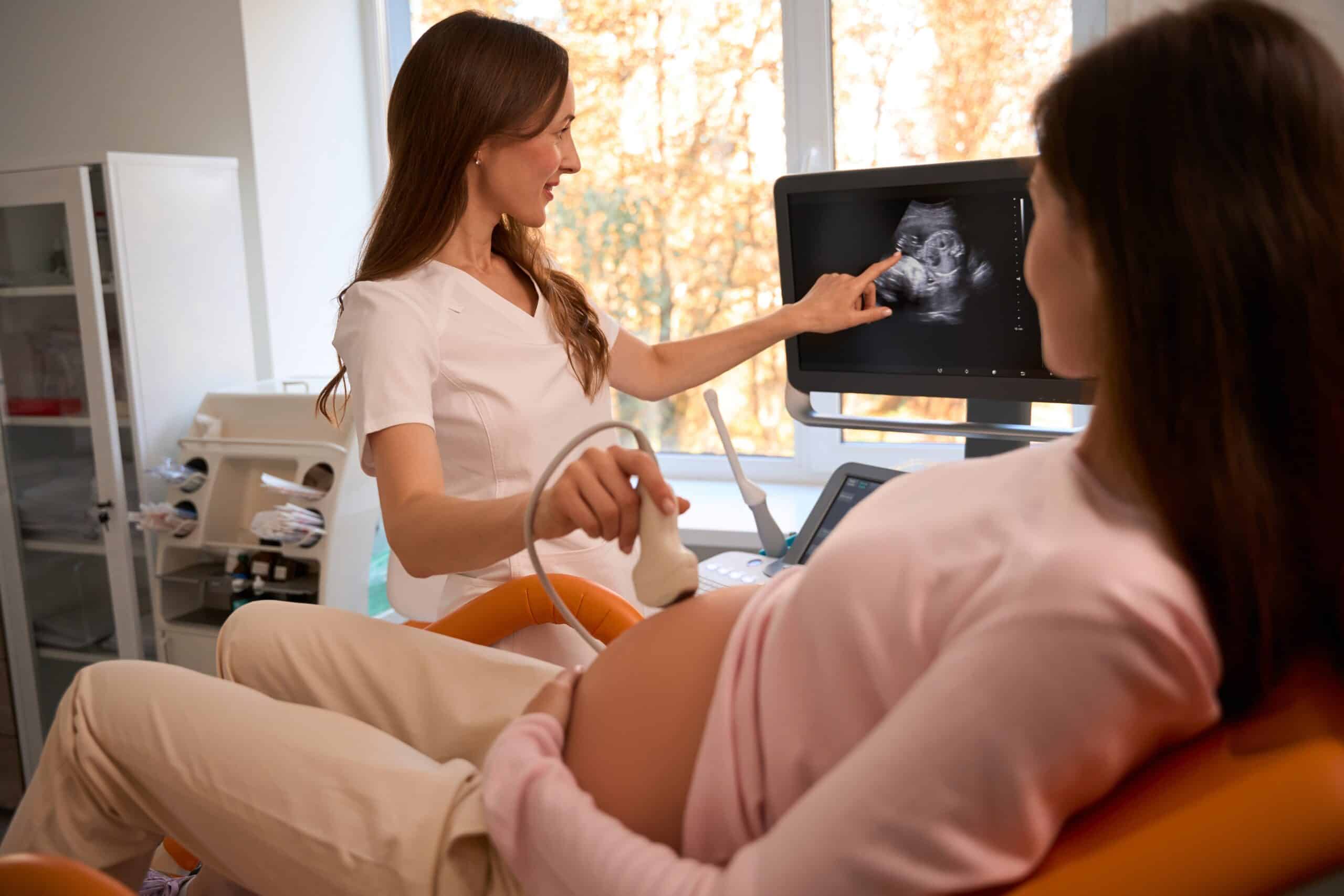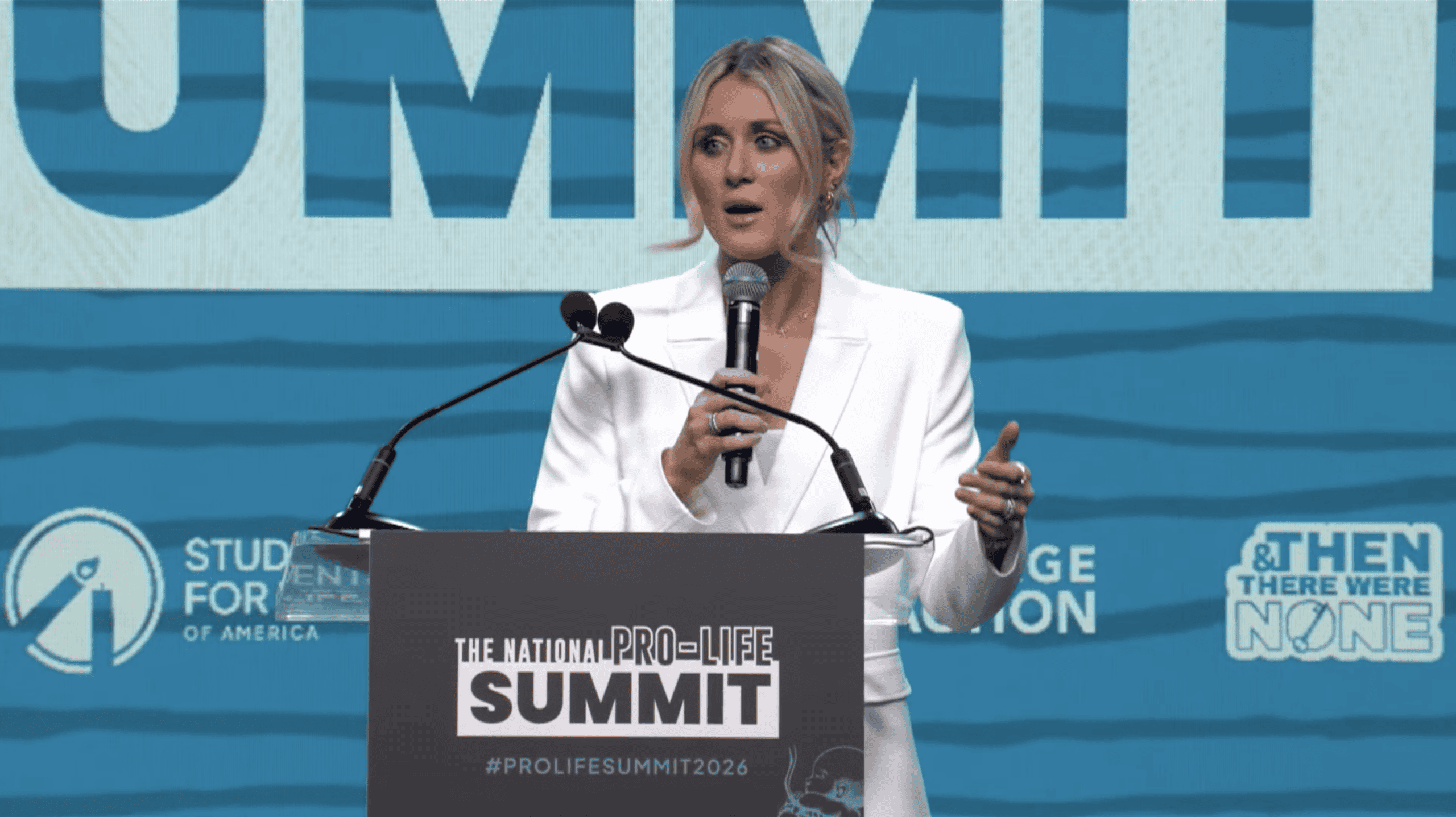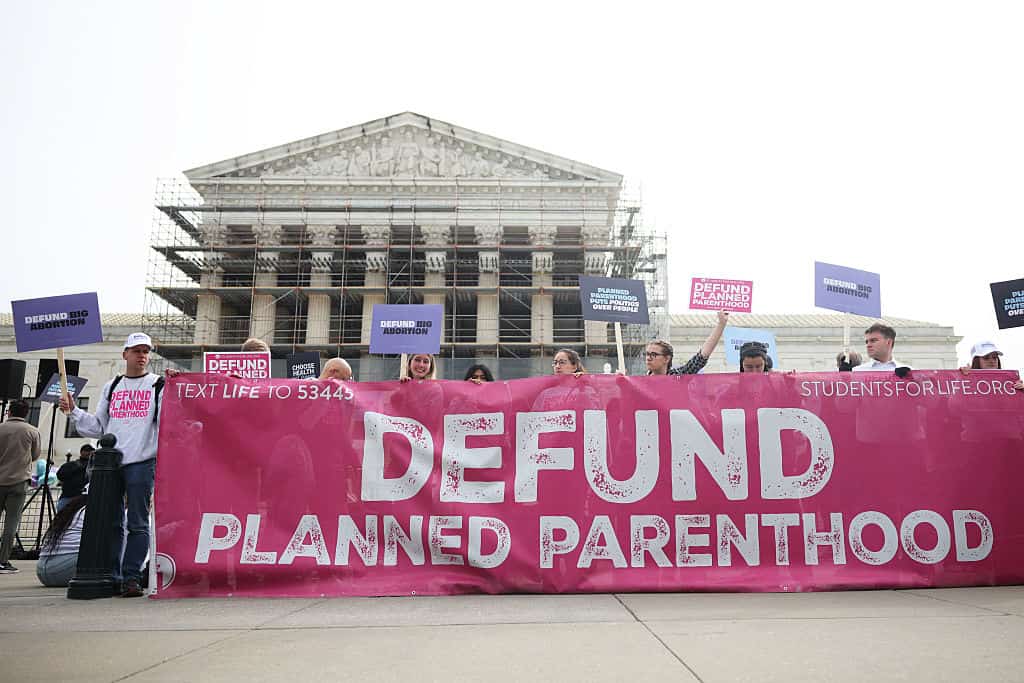Florida House Passes Bill Protecting Babies with a Disability from Abortion

Florida’s House of Representatives has passed a bill that would protect preborn babies from abortion if the sole reason is that the child has been diagnosed in utero with a condition, like Down syndrome, spina bifida and others.
Known as House Bill 1221, it passed by a vote of 74-44. There is currently a companion bill in the Senate.
The bill states, “A physician may not perform or induce, or attempt to perform or induce, a disability abortion.” Under this bill, a woman cannot be prosecuted for seeking the abortion, and the abortionist would not be prosecuted if an abortion is conducted in order to “save the life of a mother.” However, truly life-threatening situations are few and far between and there are always the life-affirming options, including carefully continuing the pregnancy under medical guidance and or giving birth to the child earlier in pregnancy.
In addition, the bill specifically mentions other conditions that aren’t usually a focus of these type of bills, including scoliosis, dwarfism, albinism and amelia.
It also requires that women and families receive “education information on prenatal genetic disorders,” which could be a lifeline to parents who initially feel overwhelmed by a diagnosis that changes what they initially imagined for their child.
“The concept of ending a pregnancy based on a disability is modern day eugenics,” state Rep. Tyler Sirois said. “In the 1930s, the Nazis worked to establish a master race. They sought to eliminate from the gene pool any trait or condition that they deemed unworthy.”
The term eugenics has come up several times over the last couple of weeks, from a judge calling out the abortion of infants diagnosed with Down syndrome as eugenics in his opinion to even Planned Parenthood acknowledging Margaret Sanger’s strong connections to the eugenics movement in the early 1900s.
So, what is eugenics exactly?
The brainchild of Francis Galton, a cousin of Charles Darwin (yes, that Charles Darwin), he proposed eugenics as a way “to encourage people of good health to reproduce together to create good births (what is known as ‘positive eugenics’) and to end certain diseases and disabilities by discouraging or preventing others from reproducing (what is known as ‘negative eugenics’).”
It isn’t difficult to see how this idea could go sideways incredibly quickly, and it did.
The philosophy eventually resulted in the forced sterilization of those who were considered “poor, mentally insane, feeble-minded, idiots, drunken” and more. Officials erroneously believed that situations like “poverty, vagrancy or prostitution, would be passed from parent to child.”
We know that’s incredibly narrow-minded thinking, and entirely inaccurate. However, many thousands of Americans were forcibly sterilized in the early 1900s and beyond if they were identified as such and placed into a mental health facility or hospital. Even today there was the case where a judge told women that he would reduce their prison time if they volunteered for a birth control implant and men if they had vasectomies. Prisons in California have also been accused of coercing female inmates into sterilization procedures.
And then, of course, there is also abortion. Any abortionist who tells a woman that she shouldn’t have a child because she’ll end up impoverished or that the child will interfere with her education, is also guilty of continuing the practice of eugenics.
Even if the Nazis showed the world the horrors of what can happen when the idea of eugenics is taken to the extreme, this idea that some lives are not worthy of life has still pervaded our society.
But as Christians, we know that life is not without its suffering and that each human life, no matter what it looks like, is immensely precious in His eyes.
The Psalmist King David wrote, “For you formed my inward parts; you knitted me together in my mother’s womb. I praise you, for I am fearfully and wonderfully made. Wonderful are your works; my soul knows it very well. My frame was not hidden from you, when I was being made in secret, intricately woven in the depths of the earth. Your eyes saw my unformed substance; in your book were written, every one of them, the days that were formed for me, when as yet there was none of them.”
Our days have already been written by the Creator of the Universe—who are we to interfere with His divine design?
That’s why pieces of legislation that protect life in the womb are so important, especially the most vulnerable babies with conditions that make them even more susceptible to the machinations of the abortion industry.
Photo from Felix Mizioznikov / Shutterstock.com
ABOUT THE AUTHOR
Brittany Raymer serves as a policy analyst at Focus on the Family, researching and writing about abortion, assisted suicide, bioethics and a variety of other issues involving the sanctity of human life and broader social issues. She regularly contributes articles to The Daily Citizen and has written op-eds published in The Christian Post and The Washington Examiner. Previously, Raymer worked at Samaritan’s Purse in several roles involving research, social media and web content management. While there, she also contributed research for congressional testimonies and assisted with the Ebola crisis response. Raymer earned a bachelor of arts in history at Seattle Pacific University and completed a master’s degree in history at Liberty University in Virginia. She lives in Colorado Springs with her beloved Yorkie-Poo, Pippa.
Related Posts

New York Ends Fight to Force Nuns to Pay for Abortions
January 27, 2026



